detail profile jawaharlal nehru
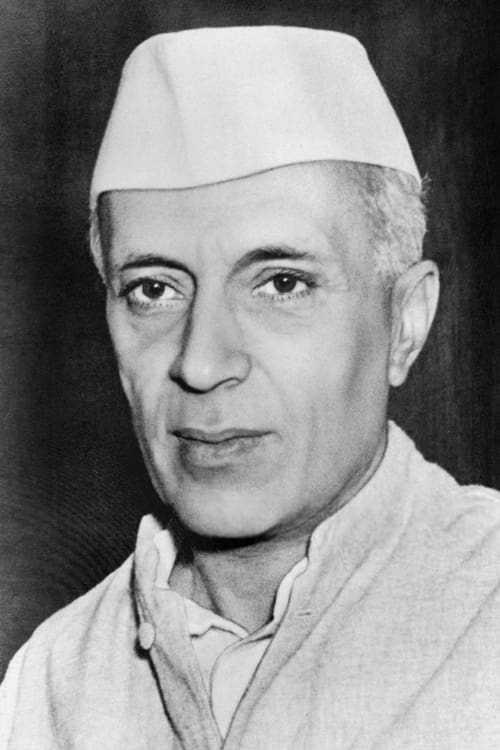
Info Pribadi
Peran Yang Di Mainkan Jawaharlal Nehru
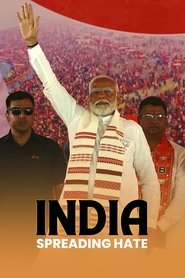 Since the rise to power of...
Since the rise to power of...India: Spreading Hate 2024
Since the rise to power of Hindu nationalists in 2014, India has been gradually moving away from democracy towards a regime where ethnic identity prevails. This transition is driven by Hindutva, a Hindu supremacist ideology embodied by Narendra Modi. For the past 10 years, Prime Minister Modi has relentlessly pursued his fascist policy based on Hindu supremacy. This ideology of hatred towards other religions in the country, particularly Islam, has also spread globally. Those who follow this belief want India to be only for Hindus, treating people of other religions, like Muslims or Sikhs as second-class citizens. Attacks against Christians have surged by 400% since Modi's election, accompanied by discriminatory laws targeting Muslims and widespread lynching incidents. Hindutva's influence permeates all levels of Indian society. This documentary thus unveils a darker side of India, far from its portrayal as the world's largest democracy and Gandhi's dream of peace among communities.
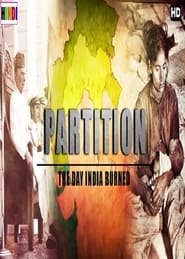 Documentary about the effects of Britains...
Documentary about the effects of Britains...Partition: The Day India Burned 2007
Documentary about the effects of Britain's withdrawal from India in 1947 which triggered one of the biggest migrations in history. 15 million were displaced and more than a million lost their lives. The story is told through the testimony of people who lived together for centuries, but were forced out of their homes as one of the largest and most ethnically diverse nations in the world was divided. Dramatised reconstructions evoke some of the mistrust, violence and upheaval that ensued
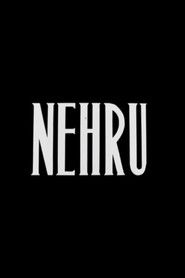 Divided into three parts The Awakening...
Divided into three parts The Awakening...Nehru 1984
Divided into three parts — The Awakening, The Struggle, and Freedom — this is a biographical film on Pandit Jawaharlal Nehru, the first Prime Minister of independent India. Relying on Nehru's writings and speeches, the film traces the evolution of Nehru from his birth through his life. It also deals with the effect of history on Nehru and in turn his impact on the world.
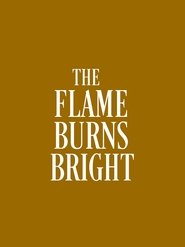 The Film is on Subhash Chandra...
The Film is on Subhash Chandra...The Flame Burns Bright 1973
The Film is on Subhash Chandra Bose, who founded the Indian National Army (INA) or the Azad Hind Fauz , of which he assumed personal command on 25th July, 1943 to fight the British imperialists. Its Supreme Command Headquarters was established at Rangoon.
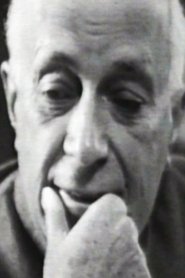 The first candid film made on...
The first candid film made on...Nehru 1962
The first candid film made on a foreign chief of state, three weeks in the life of Jawaharlal Nehru.
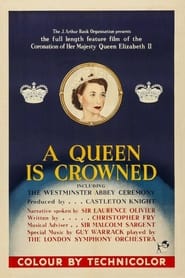 A lavish documentary film of Queen...
A lavish documentary film of Queen...A Queen Is Crowned 1953
A lavish documentary film of Queen Elizabeth II's Coronation in 1953.
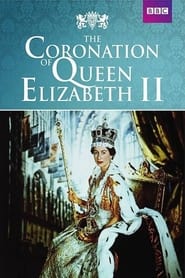 The coronation of Elizabeth II as...
The coronation of Elizabeth II as...Coronation of Queen Elizabeth II 1953
The coronation of Elizabeth II as queen of the United Kingdom and the other Commonwealth realms took place on 2 June 1953 at Westminster Abbey in London. She acceded to the throne at the age of 25 upon the death of her father, George VI, on 6 February 1952, being proclaimed queen by her privy and executive councils shortly afterwards. The coronation was held more than one year later because of the tradition of allowing an appropriate length of time to pass after a monarch dies. It also gave the planning committees adequate time to make preparations for the ceremony.
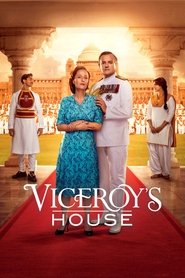 In 1947 Lord Mountbatten assumes the post...
In 1947 Lord Mountbatten assumes the post...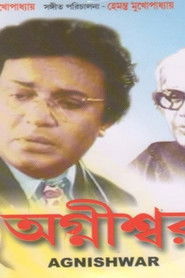 A patriotic doctor lends moral backbone...
A patriotic doctor lends moral backbone...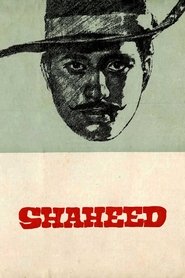 The inspirational biography of one of...
The inspirational biography of one of...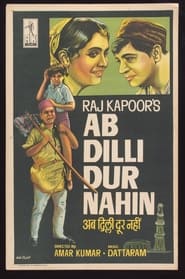 A young boy travels to Delhi...
A young boy travels to Delhi...